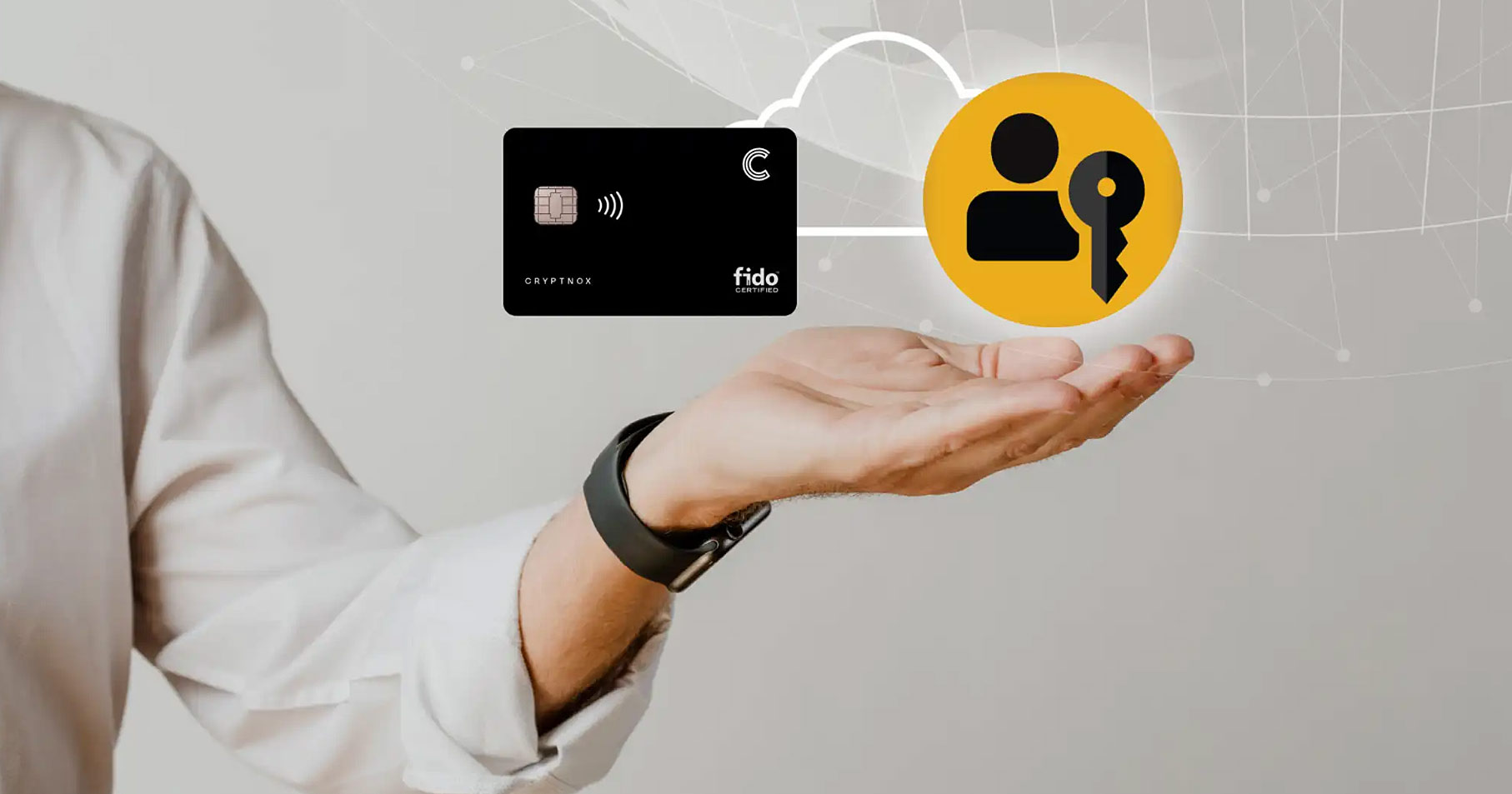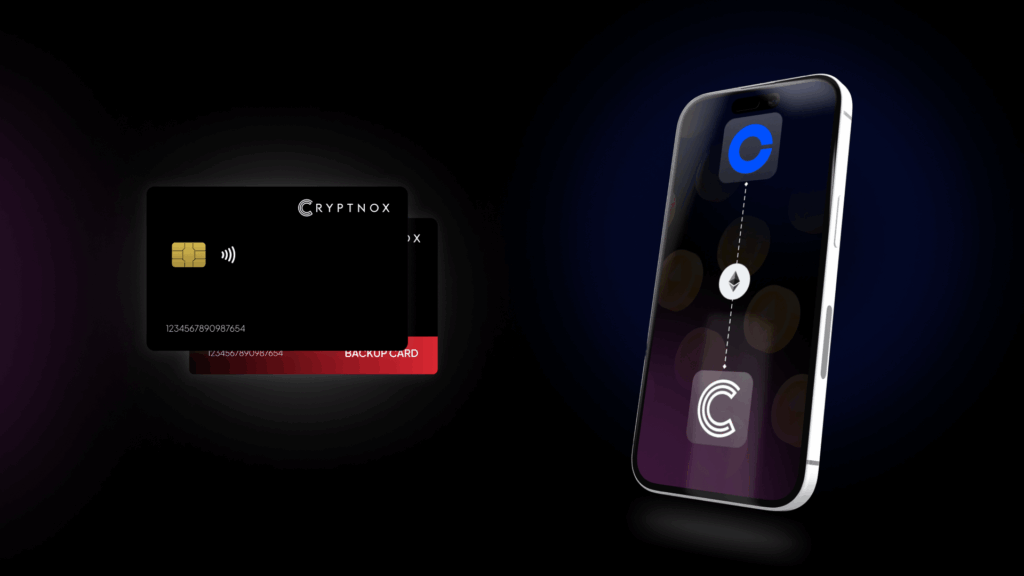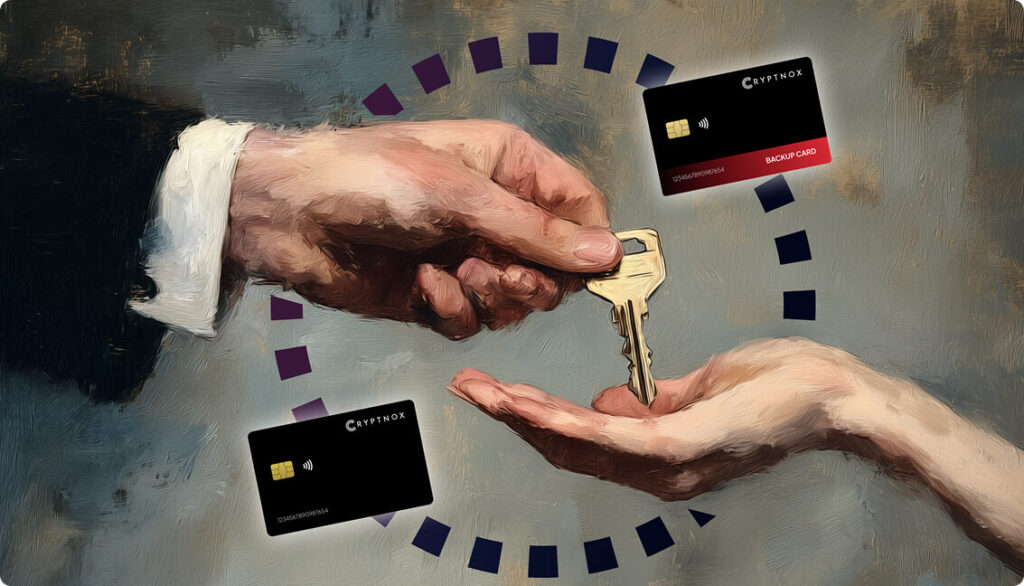In today’s digital age, securing our online interactions has never been more critical. Traditional passwords, once the cornerstone of digital security, are increasingly viewed as vulnerable and inconvenient. Enter the world of Passkeys and the FIDO2 standard, which are transforming how we authenticate online interactions. This blog will explore what Passkeys and FIDO2 are, how they work, and the pros and cons of using a mobile phone Passkey versus a physical FIDO2 authenticator.
What Are Passkeys and FIDO2?
FIDO2: The Next Generation of Security
The FIDO2 standard is a cutting-edge specification for authentication supported by the FIDO (Fast IDentity Online) Alliance, aimed at reducing the world’s over-reliance on passwords. FIDO2 enables users to leverage common devices to easily authenticate to online services in both mobile and desktop environments. It includes two main components: the Client to Authenticator Protocol (CTAP), which allows external devices (such as Fido2 security keys) to communicate with a service, and the Web Authentication API (WebAuthn), which enables online services to communicate with these devices.
Passkeys: A Seamless Approach
Passkeys are a mobile phone dematerialized version of a Fido2 authenticator, and have similar functionalities. They apply the same standard, but are a part of the broader FIDO2 framework. Like FIDO2 authenticators, Passkey credentials are never stored on a server and are unique across websites, which means they can’t be stolen in a data breach. They rely on the secure elements within modern smartphones to store and process authentication, ensuring that the cryptographic secrets are never exposed to the outside world.
How Do They Work?
FIDO2 Authenticators
A physical FIDO2 authenticator is a hardware device such as a USB dongle or a NFC-enabled card. When you register with an online service, the service creates and sends a challenge to your device. The device then uses its private key to sign the challenge and sends it back to the service for verification. This process proves that the user possesses the correct hardware device without transmitting sensitive information.
Mobile Phone Passkeys
Passkeys work similarly but are integrated into your mobile device. During authentication, the user is prompted to perform an action such as entering a PIN, using a fingerprint, or facial recognition. This action unlocks the Passkey, which then signs a challenge from the service. The signature, along with the public key, is sent back to the service for verification. The crucial aspect here is that the authentication is tied to something you have (the phone) and something you are or know (biometric or PIN).
Pros and Cons of Mobile Phone Passkeys vs. Physical FIDO2 Authenticators
Pros of Mobile Phone Passkeys
Convenience: Since most people carry their smartphones everywhere, Passkeys integrate seamlessly into daily life without the need for additional devices.
Biometric Integration: Mobile devices often include sophisticated biometric sensors, which can be used to enhance the security of the authentication process.
Eco-friendly: Using existing devices reduces the need for manufacturing and disposing of additional hardware.
Cons of Mobile Phone Passkeys
Device Dependence: If your phone is lost, stolen, or damaged, accessing your accounts can become complicated until you secure a replacement.
Battery Life Constraints: Since Passkeys require a functioning phone, a dead battery can lock you out of your accounts.
Pros of Physical FIDO2 Authenticators
No Battery Required: These devices don’t rely on battery power, ensuring they’re always ready to use.
Cross-Platform Compatibility: Most physical authenticators work across a wide range of devices and platforms.
Physical Security: Having a separate device can provide an extra layer of security, as it’s not tied to the multitude of tasks and potential vulnerabilities your smartphone faces.
Cons of Physical FIDO2 Authenticators
Costs: They require purchasing a separate device.
Risk of Loss: Just like keys, these devices can be easily lost, which could deny access to your services.
Less Convenient: Carrying an extra device, especially if you don’t typically carry a bag or have limited pocket space, can be inconvenient.
Conclusion
Both mobile phone Passkeys and physical FIDO2 authenticators offer robust solutions to the weaknesses inherent in traditional password-based security. The choice between a mobile Passkey and a physical authenticator largely depends on personal lifestyle, convenience preferences, and risk tolerance. As digital security continues to evolve, the adoption of technologies like FIDO2 is a significant step forward in creating a more secure and seamless online experience. Whether you choose a mobile Passkey or a physical authenticator, the move away from passwords is a leap toward a more secure digital future.




